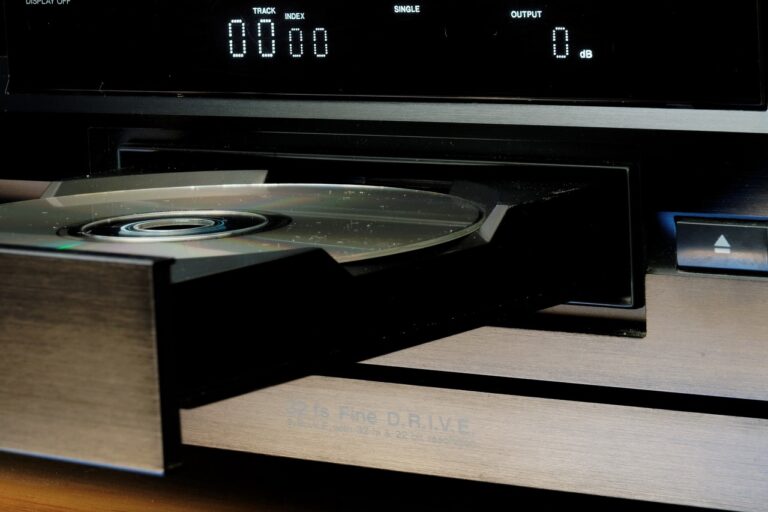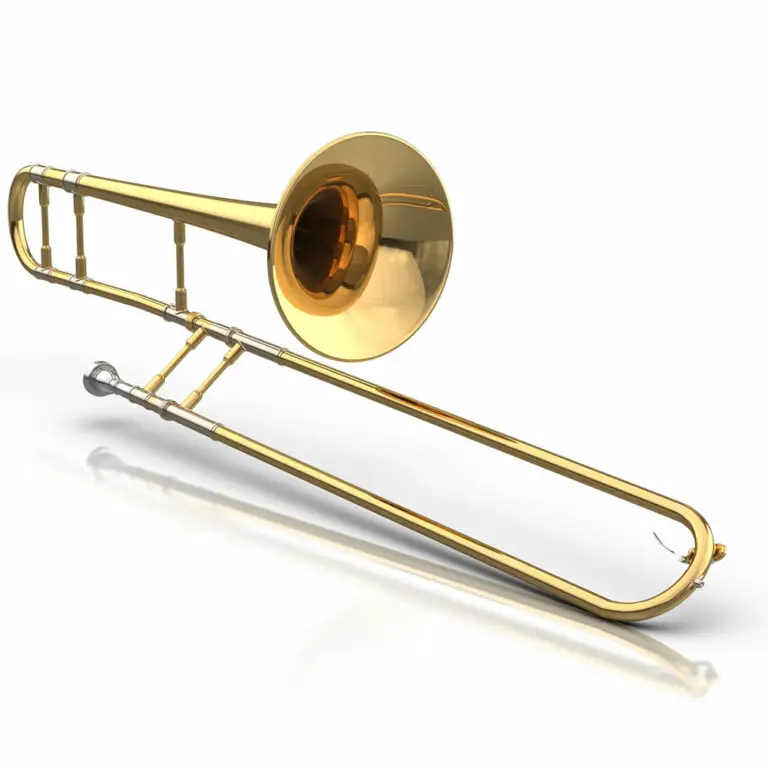Why Do Artists Release Singles After an Album?
Before the album is the apt hype time to get people ready with single releases, but some artists choose to release their singles after an album, seeming to have backward logic. So why do artists release singles after an album?
As a form of strategic marketing, labels and artists release singles gradually after an album is released. A single release date can be forgotten quickly, but with a stream of single releases after the fact, each one brings attention back to the album. Releasing singles after the album also gives potential new listeners more chances to become interested in the new album or artist.
In the rest of the article, you’ll find more reasons why artists stagger single releases after the albums and why singles are still viable.
Why are singles often released before or during the album?
First, many people feel that the most intuitive way to release singles would be to do so during their album’s release. After all, the songs are on the album, and the album is already released, so the singles are not breaking any new ground, right?
The other reason is down to age. Singles are a great way to drive hype for upcoming albums. Because people are more likely to listen to single tracks, it makes sense to get them “warmed up.” They can listen to shorter stretches if they haven’t heard you.
Regardless of the order or releases, the logic is the same across both: refining your release strategy. Below, you’ll find out more about how singles help bands get recognition.
Creating sustained interest and longevity using singles
The music industry changed significantly with the rise of the internet, but you have probably noticed it change even where the internet is not a factor. A small number of artists can no longer monopolize music for long periods. More artists are releasing more albums, and with technology getting more affordable, many independent artists are producing and releasing their albums.
With numbers like these, you can see how it might be difficult for an artist to keep attention on their albums when they only release one every three years or so.
This is why the singles are released both after the albums and in a staggered progression. When a new single from the same album is released every couple of months, it brings that album back into the public eye.
When doing it before, you already know it builds natural hype for an album. But when doing it after, it can help boost album sales. When creating sustained interest, single releases have no specific time frame.
Singles and the power of marketing to new fans
This brings us to another kind of marketing – marketing to potential new listeners, buyers, and fans.
How many times have you heard a song on the radio, seen the music video, and bought the album? Some listeners discover most artists that way, and you might as well. But now think about how many times you have heard a newly released single from an album you already know about and only then went out to buy the album.
This is how the gradual release of singles brings in more listeners and sales and why it is done after the album is released.
If an album and all of its singles were released all at once, you might hear one or two of the songs, have neither catch your fancy and then not buy the album.
By spreading out the releases, the artists give you a chance to hear them all independently of one another so that you are less likely to gloss over the ones you could have liked because of the ones you did not.
What Does It Mean When A Song Becomes A Single?
The term “single” can hold a great deal of importance for artists, record labels, and music fans alike. When a song becomes a single, it undergoes a transformation that can impact both how the song is released, and the type of commercial success the song can see.
Releasing a song as a single serves multiple purposes in the music industry. It’s like a sneak peek, giving audiences a taste of what the artist has been up to while also generating some excitement for their upcoming projects. When releasing a single, timing is crucial. These are often carefully and meticulously planned to maximize exposure and interest in upcoming tours or larger album releases.
Additionally, singles can be handy tools for marketing and testing the waters. They help artists gauge audience response early on in a release cycle. This allows them to then make adjustments before releasing a full album. Record labels also use singles to promote and build momentum for an artist’s career, reaching out to new fans along the way.
The main distinction between songs and singles is how they’re viewed and presented commercially. Ever single is a singular song, but not every individual song is actually a ‘single’. There are lots of other tracks and b-sides that don’t get counted as singles on a record release, because they aren’t ‘focus tracks’ that the label and band wants to push for radio play and extra attention.
You’ll often see that music videos are made for singles, not just any song on a given record.
Singles vs albums – which option is more viable in today’s market?
To make a long story short: singles tend to appeal more to those with short attention spans, while albums are better for those who see their album purchases as a long-term value-based investment. Singles tend to make more money because they draw more attention.
Can you make a lot of money by focusing on singles? Short answer: no. There is a strong argument against album releases entirely. Many artists rely on the popularity of individual music, releasing singles instead of albums because it appeals to shorter attention spans.
The internet has contributed to these shorter attention spans. The popularity of short-form content, like through TikTok, is an excellent example of this.
So, are there cases where albums are more viable than singles?
This depends on your target audience. If you’ve been listening to your favorite artists for a while, you might expect them to release albums. These are seen as higher-value items compared to single tracks, often only released on streaming services and for low prices.
But it can never just be albums. In building up your superfans, you need to sell premium packages, merch, and VIP live show tickets. Real money can be gained by segmenting your target audience and providing a product for each group. A single might appeal to some, while a premium merch package might appeal to others.
There is no one true answer to what your fans will want from you. So, don’t be afraid to ask them and try out different things. If the music is good, you’ll get what you need.
How singles can help you focus attention on your best work
While it is true that you can buy any individual song from an album that has just come out, the artists and the labels know that they can market more effectively by influencing the order in which people buy songs.
When songs are chosen for release as singles, the labels believe those are the best songs to release. This can be because the lyrics are topical. After all, the song was used in another media release like a film or simply because the label had already been building up to market that song.
When artists release singles from an album with way more songs, it is like a store manager choosing which stock to place in the most visible parts of the store to get the most sales.
Why albums are still essential in today’s music industry
Just because you are more likely to see single releases over album releases doesn’t mean they are entirely forgotten. Albums still have a place in our music.
Albums are all about the meaning of the bands and artists that are creative.
For example, as I’m writing this, I’m listening to The Spark by Enter Shikari. The album focuses on inspiring stories and a strong push for change. This is a common theme for the band, known for writing music expressing the frustration of a generation.
Albums are also just as crucial for creating a story.
Concept albums are precisely those that tell a story. The Wall by Pink Floyd shares stories of the band’s journey to success. Without the totality of songs from this album, the story is incomplete.
Singles are also just as strong at telling stories. “Lovely” (featuring Charolette Bucholz) and Time, the Valuator is one of the best single releases coming out of metalcore.
Wrap up
Singles are excellent for building hype for upcoming albums and those already out. You can rely on them ultimately to build hype for your live shows or more extended pieces of music.
Albums can tell stories just as singles can tell stories. Both can push fans to act and are usable as a vehicle to more considerable potential earnings, giving bands the potential to make a living or earn money.
Ask yourself the question: what musician (or band) do you want to be? There are no wrong answers, provided you have a strategy behind it.









